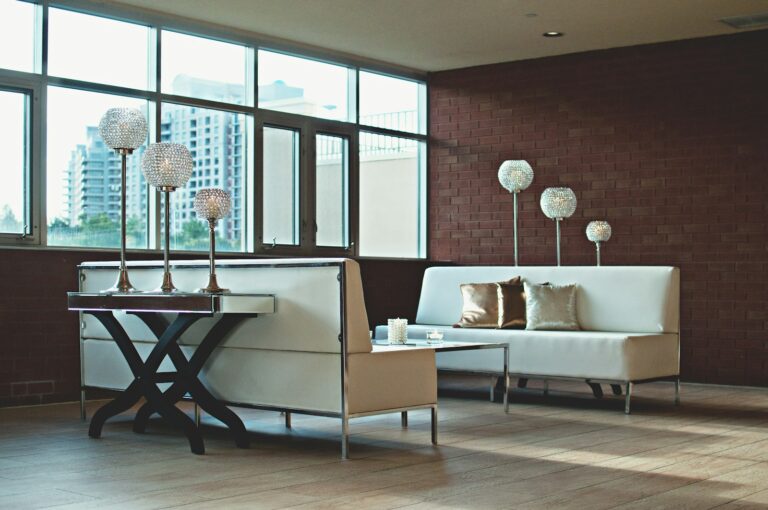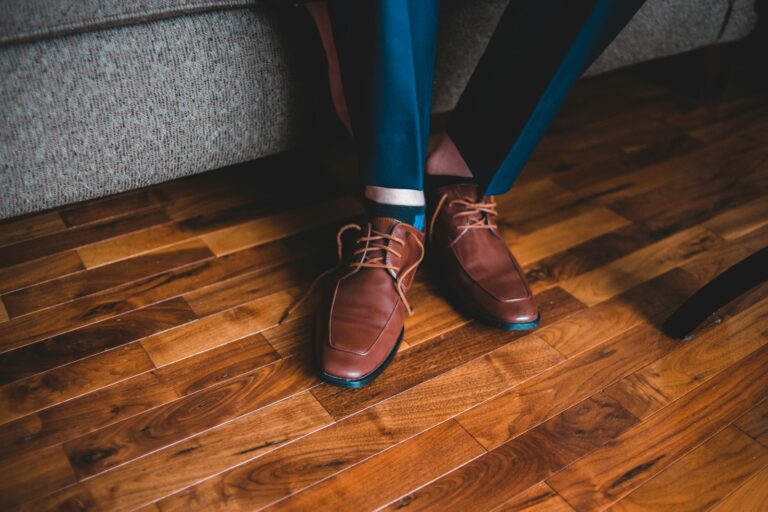Hardwood floors are a timeless investment, adding warmth, elegance, and durability to any home. However, their beauty and longevity are not guaranteed. With proper care and maintenance, you can significantly extend the life of your hardwood floors, ensuring they remain a cherished feature for generations to come.
Regular Cleaning
Regular cleaning is the cornerstone of hardwood floor maintenance. Dust, dirt, and grit, if left unchecked, can scratch and dull the surface, compromising its beauty and structural integrity. A simple, consistent cleaning routine is crucial.
Start by sweeping or vacuuming your floors regularly to remove loose debris. Opt for a vacuum with a soft brush attachment to avoid scratching the wood. For deeper cleaning, consider using a damp mop with a hardwood floor cleaner.
Avoid using harsh chemicals, as they can strip the finish and leave your floors vulnerable to damage. Natural cleaners, such as vinegar and water, are excellent alternatives. Always wring out the mop thoroughly to prevent excess water from soaking into the wood, which can lead to warping.
When dealing with spills, immediate action is essential. Blot up spills with a clean cloth, avoiding harsh rubbing. For tougher stains, consult a professional cleaning service.
Remember, consistency is key. By making regular cleaning a habit, you can prevent the buildup of dirt and grime, preserving the beauty and longevity of your hardwood floors.
Protecting Your Floors
Everyday life can take its toll on hardwood floors. From furniture scratches to high-heeled shoes, the constant movement and pressure can lead to wear and tear. Fortunately, there are proactive measures you can take to protect your floors and minimize damage.
First, consider placing protective pads under furniture legs. These pads prevent scratches and dents, ensuring your floors remain pristine. Opt for pads made of felt or silicone for optimal protection. Additionally, consider placing area rugs in high-traffic zones to reduce foot traffic wear and tear.
When moving furniture, always lift it, never drag it. Dragging can cause deep scratches and gouges, significantly damaging your floors. For heavy furniture, enlist the help of a friend to prevent accidents.
Finally, remember to remove shoes at the door. This simple habit helps prevent dirt, grit, and other abrasive materials from being tracked onto your floors.
These preventative measures, though seemingly small, can make a significant difference in preserving the beauty and longevity of your hardwood floors.
Maintaining the Finish
The finish on your hardwood floors acts as a protective barrier against spills, stains, and everyday wear and tear. Maintaining this finish is crucial to extending the life of your floors.
Regularly apply a high-quality floor polish to replenish the protective layer and enhance the shine. Choose a polish specifically designed for hardwood floors and apply it according to the manufacturer’s instructions. Avoid using wax-based polishes, as they can build up over time and become difficult to remove.
When cleaning your floors, always use a damp, not wet, mop. Excess water can seep beneath the finish and cause damage. Similarly, avoid using abrasive cleaners, as they can strip the finish and leave your floors vulnerable to scratches.
If your floors are showing signs of wear and tear, such as scratches or dullness, consider re-finishing them. This process involves sanding down the surface and applying a new coat of finish, restoring the original beauty and protection. For a professional touch, consult a professional floor refinishing service.
Maintaining the finish is a continuous process, but it is a vital step in ensuring the longevity and aesthetic appeal of your hardwood floors.
The Power of Prevention
Hardwood floors, while beautiful, are susceptible to moisture and sun damage. These elements can cause warping, discoloration, and other structural problems.
First, prevent moisture from entering your home by ensuring proper ventilation. This includes using exhaust fans in bathrooms and kitchens, as well as regularly checking for leaks in plumbing fixtures. Also, promptly wipe up spills and avoid placing wet items directly on your floors.
Secondly, protect your floors from direct sunlight. Sunlight can cause fading and discoloration, especially in lighter wood species. Use curtains or blinds to block out direct sunlight, particularly during peak hours. Consider placing area rugs in sunny areas to further shield your floors.
Finally, be mindful of temperature fluctuations. Extreme temperature changes can lead to expansion and contraction, causing your floors to warp or crack. Maintain a consistent indoor temperature to prevent these issues.
These preventive measures may seem simple, but they can play a significant role in preserving the integrity and longevity of your hardwood floors.
Professional Help
While regular maintenance can significantly extend the life of your hardwood floors, there are instances when professional help is necessary.
If your floors are heavily damaged or show signs of significant wear and tear, consider calling a professional refinishing service. They can sand down the surface, apply a new coat of finish, and restore your floors to their former glory.
For deeper cleaning or stain removal, it is also advisable to seek professional assistance. Professionals have specialized equipment and cleaning solutions that can effectively tackle tough stains and restore the shine of your floors.
Finally, if you are unsure about the best cleaning techniques or products for your specific floor type, consult a flooring professional for expert advice.
By knowing when to seek professional help, you can ensure your hardwood floors receive the specialized care they need to remain beautiful and long-lasting.
Conclusion
Hardwood floors are a beautiful and durable investment. By implementing a consistent cleaning routine, taking preventative measures, and seeking professional help when needed, you can ensure your floors remain a cherished feature for years to come.
Remember, proper care and maintenance are the keys to extending the life and beauty of your hardwood floors. Enjoy the warmth and elegance they bring to your home for generations to come.
Frequently Asked Questions
1. Can I use a steam mop on my hardwood floors?
While steam mops can effectively clean various surfaces, they are generally not recommended for hardwood floors. The heat from the steam can damage the finish and potentially cause warping, especially if the wood is already moisture-sensitive.
2. What are the best ways to prevent furniture scratches?
Besides using protective pads, there are other ways to prevent furniture scratches. Ensure furniture legs are smooth and free of sharp edges. Avoid sliding furniture across the floor, always lift it instead. When rearranging furniture, consider using furniture sliders to help with movement.
3. How often should I refinish my hardwood floors?
The frequency of refinishing depends on various factors, including foot traffic, the finish’s quality, and the type of wood. Typically, refinishing is recommended every 5-10 years. However, if your floors show significant signs of wear and tear, such as deep scratches or dullness, refinishing might be needed sooner.
4. Can I use vinegar and water to clean my hardwood floors?
Yes, vinegar and water can be a safe and effective cleaner for hardwood floors. Use a mixture of equal parts white vinegar and water. Avoid using too much vinegar, as it can be harsh on the finish. Always wring out the mop thoroughly to prevent excess moisture.
5. What is the best way to remove stubborn stains from hardwood floors?
For tough stains, it’s best to consult a professional cleaning service. They have specialized equipment and solutions to tackle even the most stubborn stains without damaging the finish. However, for minor stains, you can try a mild soap solution or a specialized hardwood floor cleaner. Always test the cleaner on an inconspicuous area first.


